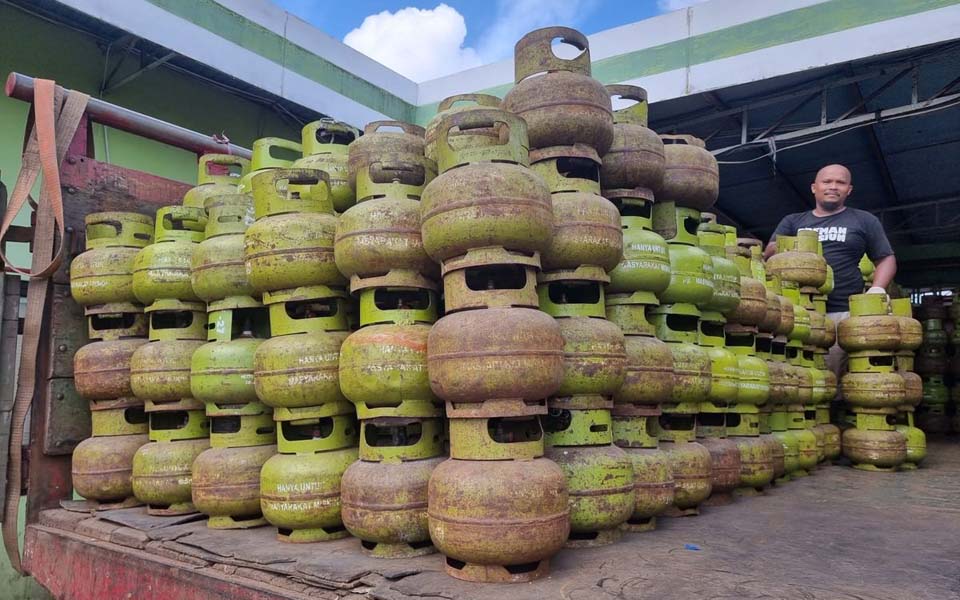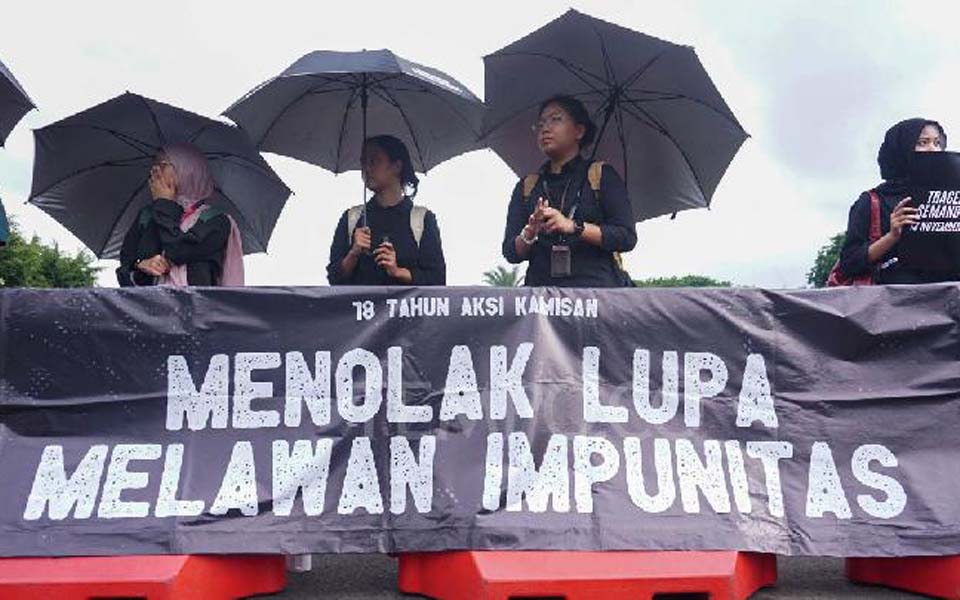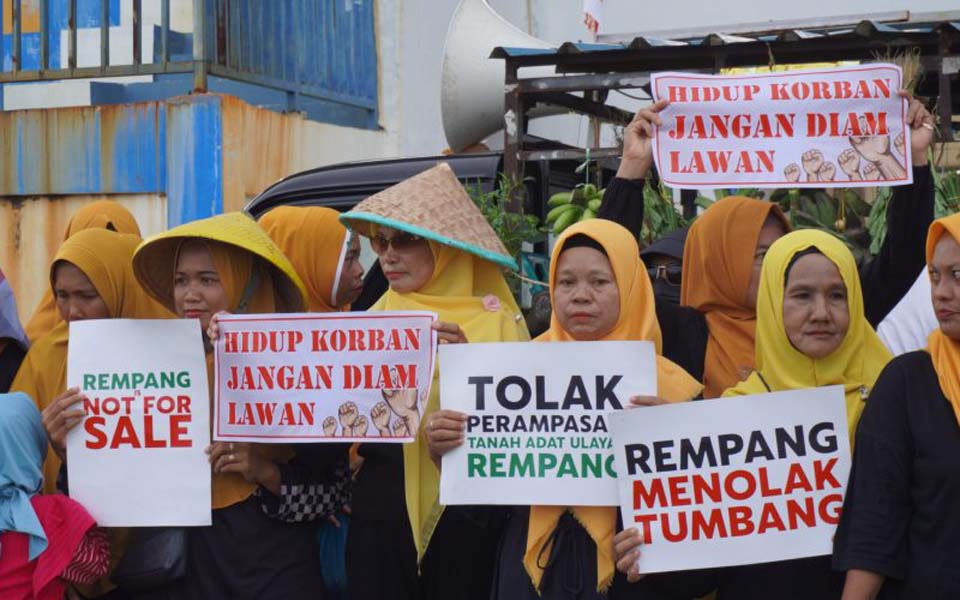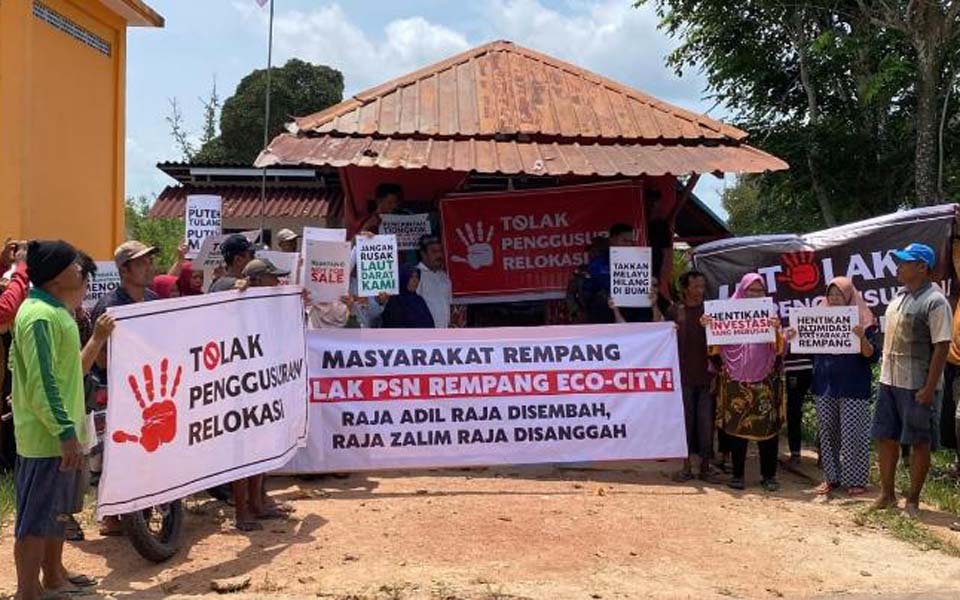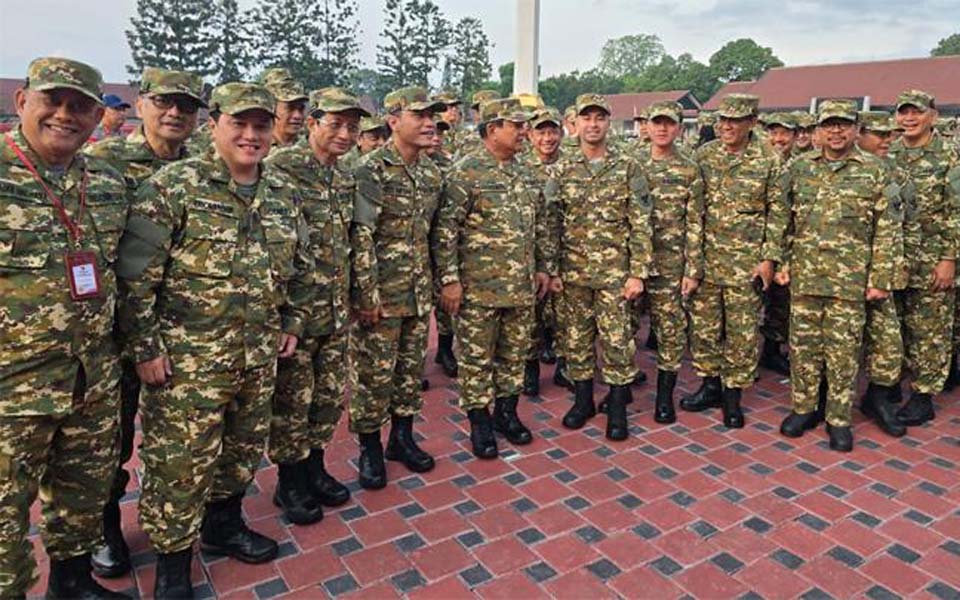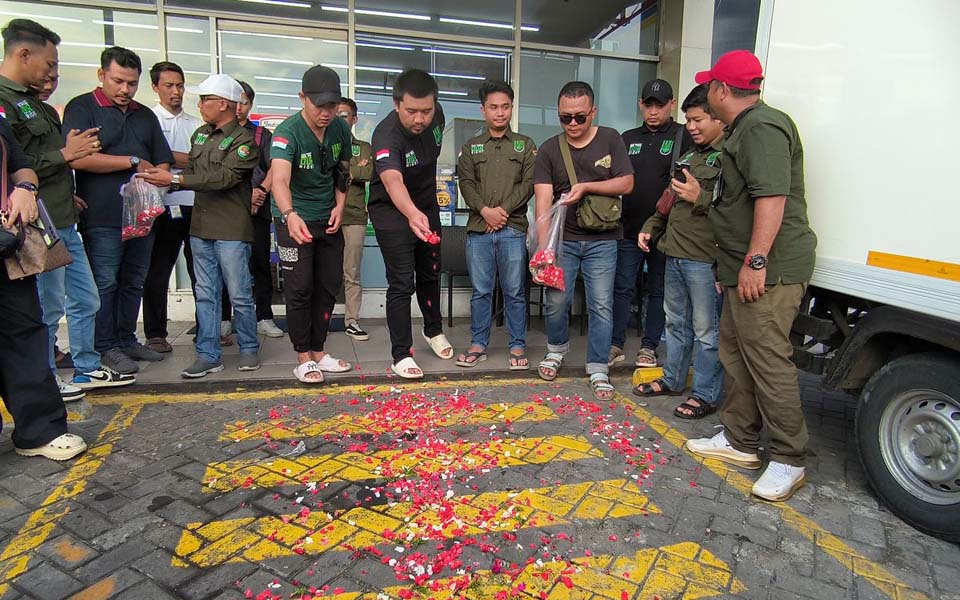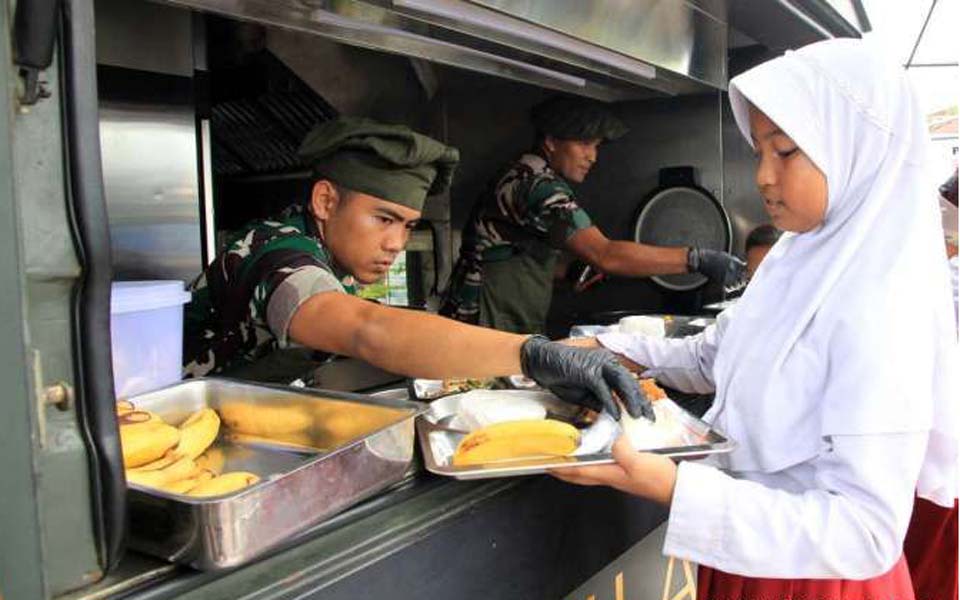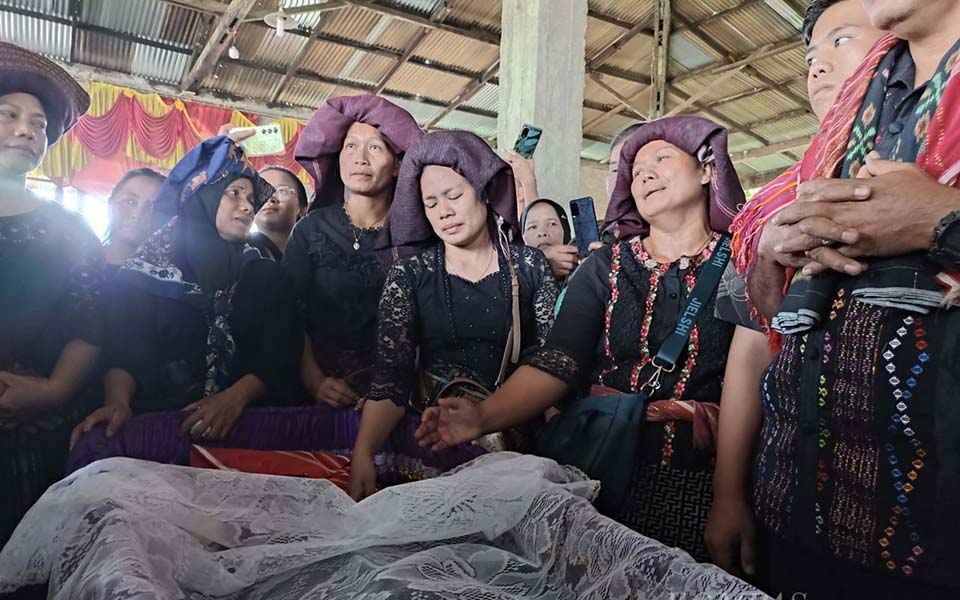Sucipto, Jakarta – The Civil Society Coalition has highlighted a statement by the chairperson of the National Defence Council (DPN) and Minister of Defence Sjafrie Sjamsoeddin who stated that the DPN could take on a role in controlling forest areas, especially violations of the law by palm oil companies.
This was conveyed by Sjamsoeddin at a joint meeting with the House of Representatives' (DPR) Commission I on Tuesday February 4. During the meeting Sjamsoeddin said that the DPN would be tasked with observing all national problems in Indonesia.
"We view that Sjafrie's statement as not only wrong but also damages the national law enforcement system and civil supremacy under the democratic system in Indonesia. This statement indicates the return of militarism and authoritarianism practices in the style of the New Order which has been proven to have bequeathed various human rights violations", said Amnesty International Indonesia Executive Director Usman Hamid on Friday February 7.
According to Hamid, the statement that the DPN will take on a role in controlling forests, palm oil areas, and all other national problems, is not in line with the mandate of Article 15 of the Defence Law.
Under the Defence Law it explicitly states that the DPN is intended to take care of national defence policies. Not be involved in civilian affairs that are not related to defence. "Efforts to draw the DPN into the non-defence domain, including economic management, are a form of deviation that is contrary to the principle of good governance", he said.
The formation of the DPN must be truly intended for the benefit of national defence, giving advice and consideration to the president in order to face external threats such as war, not to be involved in non-defence affairs in the country.
The involvement of the DPN in non-defence affairs will only revive the TNI's (Indonesian Military) dwi-fungsi (dual socio-political function) as it was under New Order period of former president Suharto which left as its legacy cases of unresolved gross human rights violations to this day.
"We also believe, that the problems with the DPN began with the formation of Presidential Regulation Number 202/2024 on the DPN which contains rubber [catch all] articles. Article 3 letter f, for example, stipulates that the DPN has other functions given to it by the president. We are worried that this article is used as an all encompassing article so that it is used as an excuse to justify human rights violations and other abuses of authority in the non-defence domain", said Hamid.
The involvement of DPN in dealing with national problems outside of defence shows the symptoms of a return of ABRI's (the term for the TNI during the New Order) dwi-fungsi in the life of the state.
"We noted, that previously there was some military involvement in the civil domain that was problematic such as securing the Rempang Eco-City project which resulted in human rights violations. Other examples, the misuse of the TNI in the lumbung pangan or food estate project in Merauke, South Papua, which has big implications for conflicts between the authorities and indigenous communities. The role of the military in the Rempang Eco-City and the food estate project is contrary to the function of the TNI as a state tool in the field of defence as well as an indication of the return of ABRI's dwi-fungsi", he said.
"We consider that the military's involvement in the civilian realm must be avoided. Military involvement in the non-defence domain will only revive militarism and authoritarianism in politics. At this point, the involvement of the DPN that goes too far in handling civilian affairs, as [indicated in] the Defence Minister's statement, should have been corrected and its implementation must be stopped. This is important to safeguard the 1998 reformasi", said Hamid referring to the political reform process that began in 1998. (cip)






